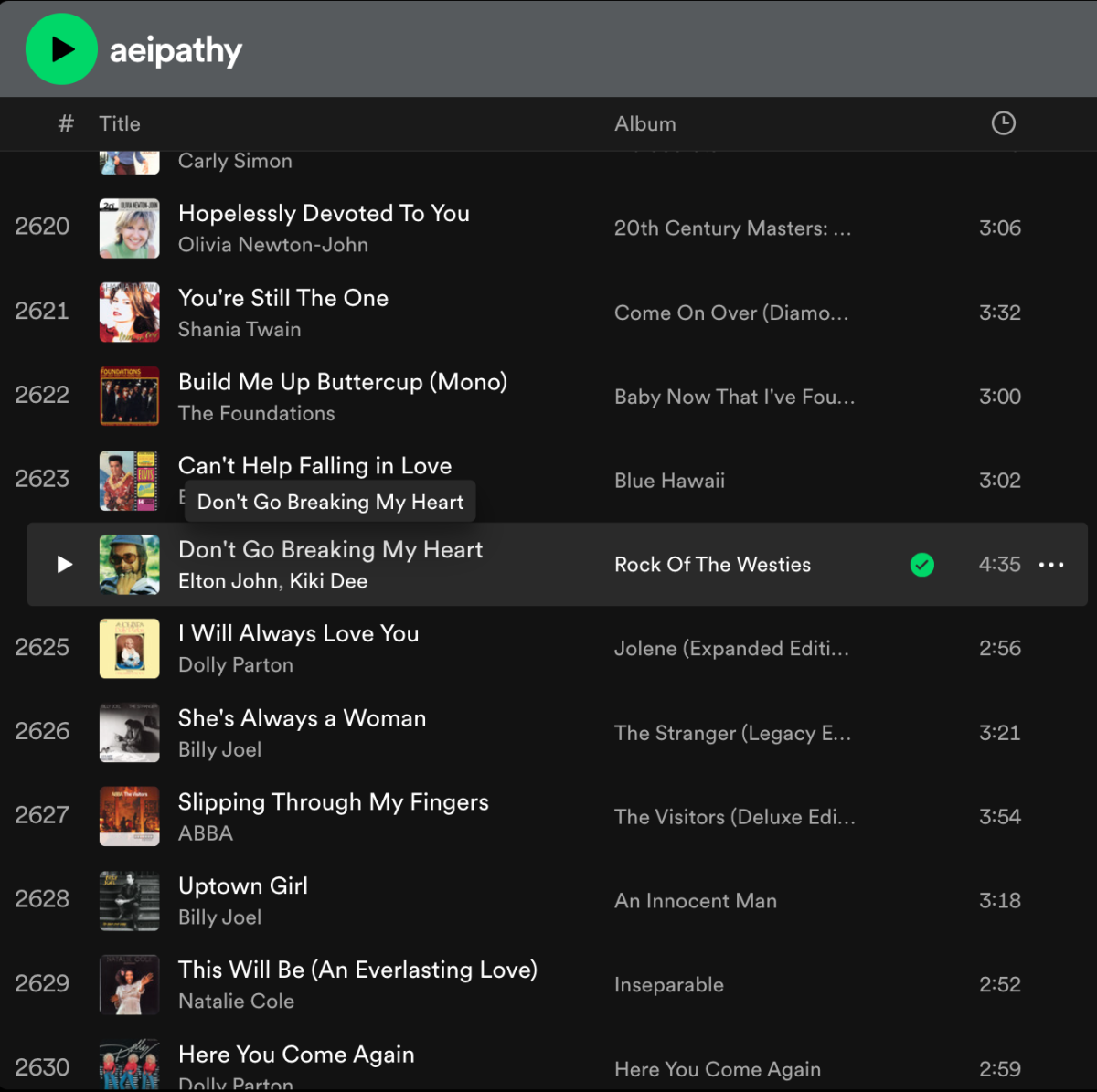Martin Luther King Jr. Day is still important, 53 years after his death
Martin Luther King Jr. is an inspiration to many people.
Martin Luther King Jr. gave 2,500 speeches from 1957 to his death in 1968. With these 2,500 speeches, he travelled six million miles in order to inspire people from all over the country (Youth for Human Rights). With his boycotts, walks, speeches, and sit-ins, Martin Luther King Jr. helped drive the nation to give more civil rights to all citizens.
On April 4, 1968, Martin Luther King Jr. was assassinated.
On April 8 of the same year, Representative John Conyers suggested a federal holiday in his honor. Through years of voting and marches from the public, a bill was signed in 1983 to make a holiday on every third Monday in January to be Martin Luther King Jr. Day. The first national holiday for this was then celebrated in 1986, though some states didn’t fully recognize it as such until 2000 (Constitution Daily).
His legacy—with all he did to inspire and improve the lives of People of Color (POC)—touches people’s lives, even now, 53 years after his death, including U.S. History teacher Laura Stiles.
“He changed the world,” Stiles said. “He’s probably one of my top three martyrs. If you think about what’s going on now, I mean, man, what would he say? I listen to Martin Luther King speak and my hair on my arm stands up. I make the kids really read the Letters from Birmingham; we break down [every paragraph] and talk about it. What does he mean; why does he say that? And it still motivates me.”
As Martin Luther King Jr. has inspired Stiles through all of her years of teaching, she is trying to use him to inspire her students, as well.
AP Government and Civics teacher Jeff Manders also sees Martin Luther King Jr. as an inspiration and hopes his students see the day that honors him as something more than a day off from school.
I mean, you can change legislation, which is a start, but changing people’s hearts is a whole other issue.
— Steve Labenz
“If students don’t go out and do something specifically,” Manders said, “I think they should at least spend some time reflecting during [Martin Luther King Jr. Day], reflecting on what his legacy means, how does it impact them, and maybe even how could they continue his legacy somehow. You know, you don’t have to necessarily organize some giant march through Washington, right, but you can stand up for others in many different ways, and that’s essential to what he was doing.”
Martin Luther King Jr. Day helps to remind people of all he did and all that is possible. With everything that has happened this past year, this is especially important.
The fight for equality started with the founders of the country and continues to the present day. Martin Luther King Jr. was just one person in the fight for civil rights, but he was important—uniting many people to stand behind him and allowing for the law that made the high POC voter turnout of the 2020 election even possible.
Martin Luther King Jr. had a powerful impact on society, and he would be an inspiration to those using non-violent ways to further the fight towards equality.
“I think [Martin Luther King Jr.] would be saying, ‘keep at it,” Manders said. “‘Keep standing up for what you believe is right, and don’t be afraid, even though sometimes it can be scary when you’re faced with great odds or you feel overwhelmed. Between COVID, social justice movements, the transition of power, and what’s happening in our country, [he would say], ‘you can’t be overwhelmed by it. You have to take the initiative to do what you know is right, to help everybody else in the community, and in the nation as a whole.’”
While we have made progress, equality has still not fully been achieved in America. U.S. History teacher Steve Labenz agrees with Manders and notices that we still have a long way to go.
“I think we still have to change,” Labenz said. “I mean, you can change legislation, which is a start, but changing people’s hearts is a whole other issue. I mean, that’s the thing, and again we’re doing far better, but getting people to be comfortable with the changing world and just being fine… people are people, right? We’re all trying to do our best every day and this idea of someone—because of skin color—being different, or worse, someone to be feared simply because of that, I think is incredibly painful.”
With all that is going on in the country, the facts are hard to keep straight, but Americans need to keep trying and to keep searching for the truth.
“[I] hope that the voices of the believers and the truth rise up,” Stiles said. “I just want people to understand what is the truth and what is not the truth, and then make their own decision.”
People should have their own opinions and not be swayed by where the facts are being presented.
When forming opinions, Labenz believes the facts presented should be deeper than color—at least when thinking about the opinions of individuals.
“With demographics changing,” Labenz said, “students are going to be working in a very different world. You’re going to be working with all kinds of different people, and then it’s not just different races. So the idea of everybody being judged on the content of their character–that’s important. If we have to get you guys ready for a changing world, I just want to get past this ridiculousness of racism and the really small mindset that people have had for so long. We are way overdue for making any real changes.”
The country is working its way towards equality, and it has been for a while. But change is happening and Martin Luther King Jr. never gave up, despite his numerous arrests, so neither should the current generation.
“I refuse to accept the view that mankind is so tragically bound to the starless midnight of racism and war that the bright daybreak of peace and brotherhood can never become a reality,” said Martin Luther King Jr. at his Nobel Prize acceptance speech. “I believe that unarmed truth and unconditional love will have the final word.”

Lauren Batterbee is a senior entering her third and final year on staff for The Central Trend. She is almost always doing ballet, and if she isn’t, she...


























































































